Polyester Fabric Printing
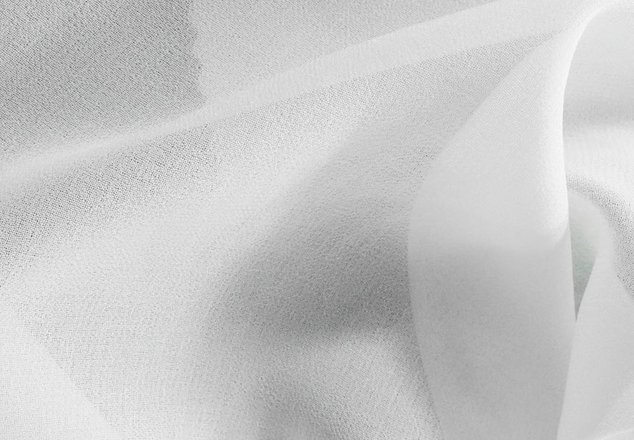 Georgette
67 gsm, 100% Polyester
Gaseous soft hand fabric for superior looking apparel.
€20.00 /meter
€13.00 with bulk discount
popular
Georgette
67 gsm, 100% Polyester
Gaseous soft hand fabric for superior looking apparel.
€20.00 /meter
€13.00 with bulk discount
popular
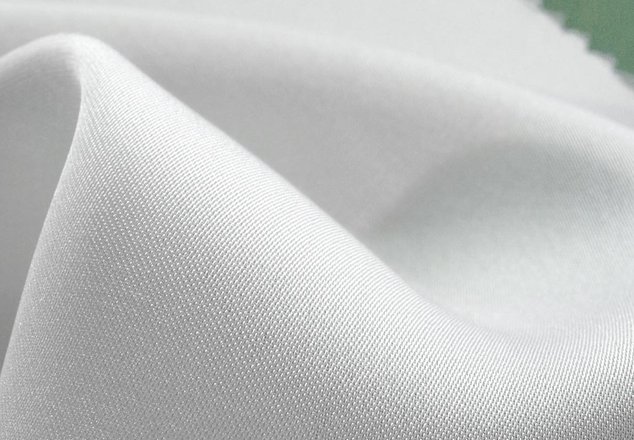 Satin
85 gsm, 100% Polyester
The best choice for exquisite blouses and silky dresses.
€18.50 /meter
€13.00 with bulk discount
Satin
85 gsm, 100% Polyester
The best choice for exquisite blouses and silky dresses.
€18.50 /meter
€13.00 with bulk discount
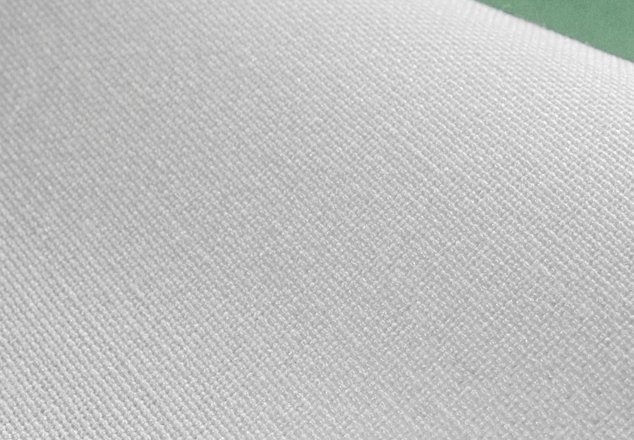 Marlene FR
145 gsm, 100% Polyester
Flame resistant fabric for homeware and public places decorative purposes.
€18.50 /meter
€13.00 with bulk discount
new
Marlene FR
145 gsm, 100% Polyester
Flame resistant fabric for homeware and public places decorative purposes.
€18.50 /meter
€13.00 with bulk discount
new
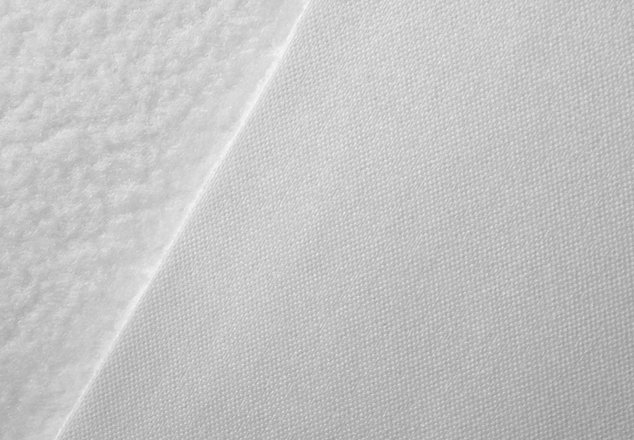 Softshell
300 gsm, Polyester 94% / Elastane 6%
Breathable, windproof and water resistant fabric with fleece on the reverse side.
€29.00 /meter
€19.20 with bulk discount
Softshell
300 gsm, Polyester 94% / Elastane 6%
Breathable, windproof and water resistant fabric with fleece on the reverse side.
€29.00 /meter
€19.20 with bulk discount
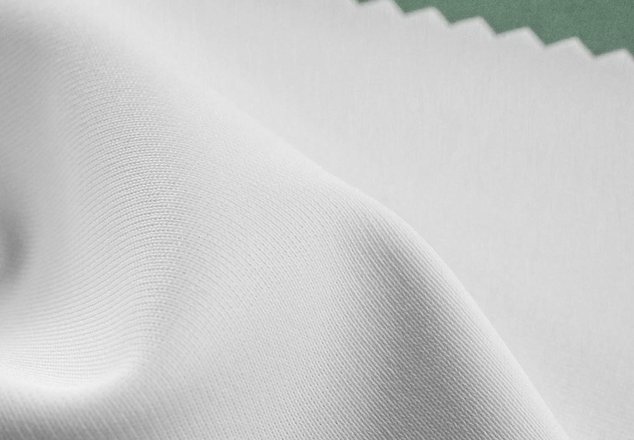 Sport Lycra
210 gsm, 82% Polyester/18% elastane
Four-way stretch fabric with matte texture for premium sportswear and swimwear applications.
€24.00 /meter
€16.80 with bulk discount
Sport Lycra
210 gsm, 82% Polyester/18% elastane
Four-way stretch fabric with matte texture for premium sportswear and swimwear applications.
€24.00 /meter
€16.80 with bulk discount
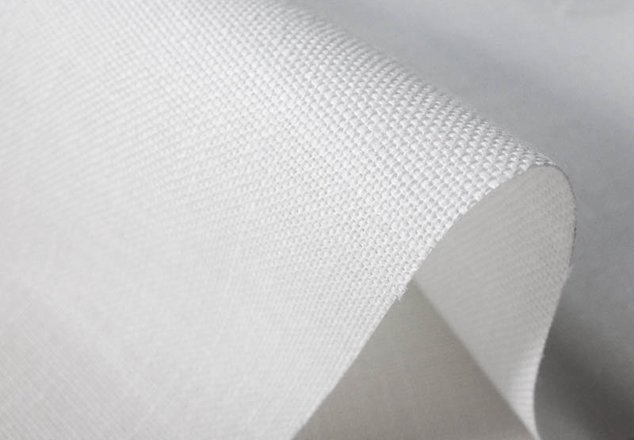 Prem Deco
248 gsm, 100% Polyester
Natural looking interior and home decor application fabric.
€22.50 /meter
€15.80 with bulk discount
Prem Deco
248 gsm, 100% Polyester
Natural looking interior and home decor application fabric.
€22.50 /meter
€15.80 with bulk discount
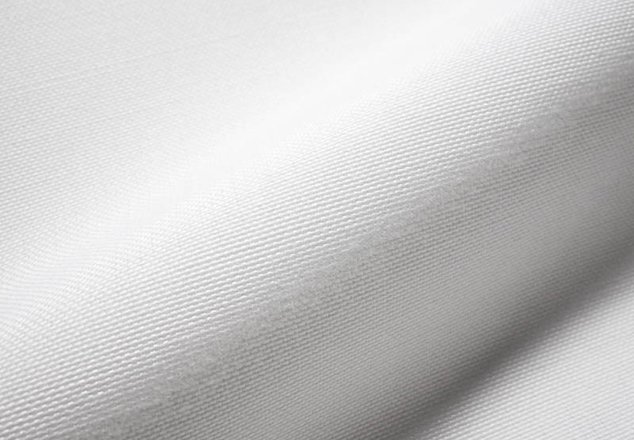 Soft Canvas
250 gsm, 100% Polyester
Perfect choice for canvas prints and other interior accents.
€26.00 /meter
€18.20 with bulk discount
popular
Soft Canvas
250 gsm, 100% Polyester
Perfect choice for canvas prints and other interior accents.
€26.00 /meter
€18.20 with bulk discount
popular
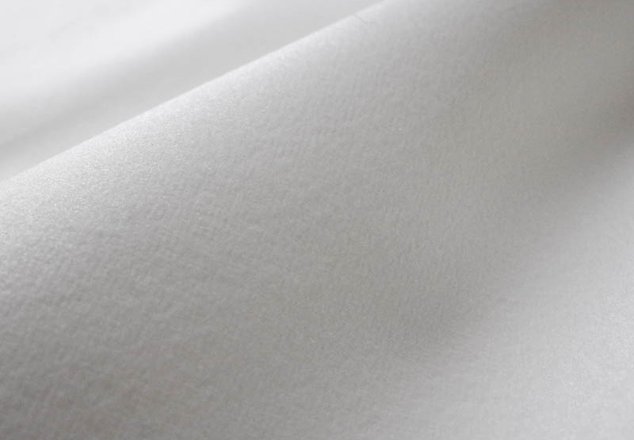 Smooth Velvet
280 gsm, 100% Polyester
Superior home decor fabric with matte, soft touch texture and exquisite look.
€25.50 /meter
€17.80 with bulk discount
Smooth Velvet
280 gsm, 100% Polyester
Superior home decor fabric with matte, soft touch texture and exquisite look.
€25.50 /meter
€17.80 with bulk discount
1 day fulfillment
Your individual made product will be ready to ship in 1 day.
Worldwide delivery
We work with most couriers and deliver to anywhere in the world.
Satisfaction guaranteed
Didn’t get your order? We’ll give you a refund or a free reship.
What is Polyester?
Polyester fibre represents the large group of truly man-made fibres. This fibres are produced from synthesised polymers which do not exist in nature. The most widely used type of polyester is polyethylene terephthalate (PET), commonly referred to as polyester. This is the product of condensation reaction between ethylene diglycol and therephthalic acid.
Polyester is a thermoplastic polymer which can be re-melted and remoulded. This property is used in the production and recycling of polyester fibres. Generally polyester fibres are produced as continuous filaments either from a granulated polymer or by a continuous polymerisation.
Polyester fibres are often spun together with natural fibres in order to produce a cloth with blended properties. Polycotton (cotton-polyester blends) can be stronger, more wrinkle and tear-resistant, and less shrinking compared to 100% cotton fabric. In addition, synthetic fibres such as polyester have high water, wind and environmental resistance compared to plant-derived fibres.
Polyester fibres are extremely strong, therefore polyester fabrics are very durable, as well as resistant to most chemicals, stretching, shrinking, mildew, abrasion and wrinkle resistant.
Polyester is a quick drying material due to its hydrophobic nature. Polyester retains its shape well and is perfect for making harsh climates outdoor clothing. Moreover, it is easily washed and dried.
Fabrics woven or knitted from polyester thread or yarn due to its characteristics are used extensively in apparel and home furnishings, from shirts and pants to jackets and hats, bed sheets, blankets and upholstered furniture. It is the most widely used synthetic fibre in the in modern textile production.
